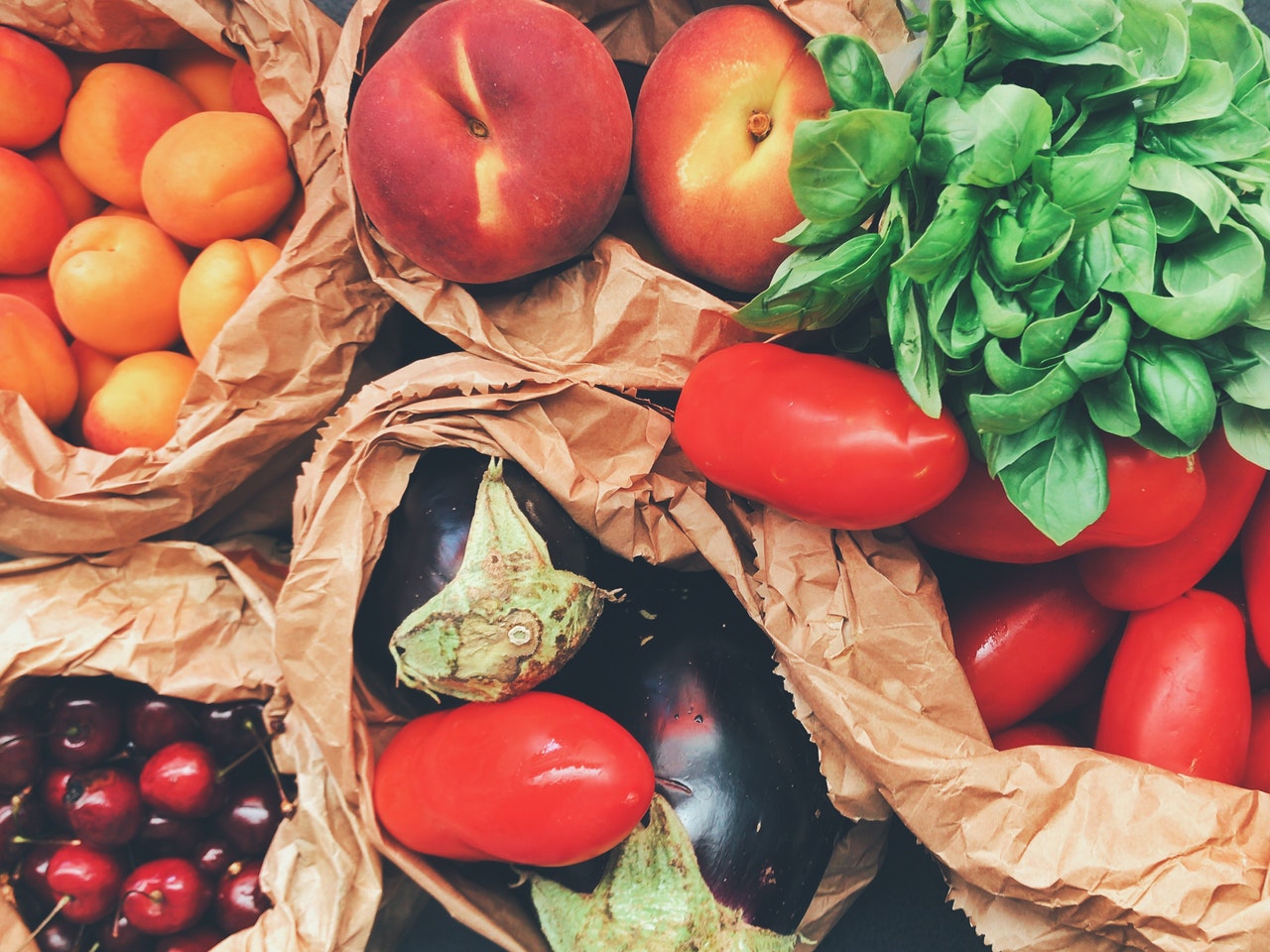15 Healthy Foods or Antioxidants
The food choices that we make can have a very important impact on our health. Expert opinions vary and continue to evolve over which and how much of these ‘healthy’ foods are optimal. In this article we will discuss foods that are considered very healthy due to their antioxidant effects.
It has been known since the early 1990’s that foods with antioxidant properties help prevent diseases such as atherosclerosis (arterial plaque that causes heart attacks and strokes), Alzheimer’s, Parkinson’s, certain cancers, and many other diseases. They also tend to slow aging and some experts define aging as the gradual accumulation of free radical damage as a result of oxidation.
What are Antioxidants?
So, what are antioxidants and why and how are they beneficial for health? Our bodies are constantly subjected to the process of oxidation. Oxygen, although indispensable for life, can be destructive to cells, proteins, and DNA when it becomes an unstable molecule. In its stable beneficial form, two oxygen atoms are linked together in a chemical bond by micro-particles called electrons. If the two oxygen atoms split, the resulting individual atoms become unstable due to an uneven number of electrons and in this state, they are known as free radicals (all atoms in the universe are unstable when they contain an uneven number of electrons). After this the free radicals scavenge the body seeking to steal electrons from the atoms of other structures in order to return to a stable state. Therefore, confiscating electrons from other cells and their cellular components (oxidation) is damaging and results in their malfunction leading to disease.
Free radicals (unstable atoms) are an expected by-product of metabolism and chemical reactions in the cells of our bodies. However, our bodies are able to make chemicals called antioxidants to help neutralize these free radicals. When an imbalance exists between the production of free radicals and the ability of the body to neutralize their harmful effects with antioxidants, then the body is said to be in a state of ‘oxidative stress’.
On the other hand, oxidative stress occurs when the production of free radical oxygen is greater than the body’s ability to detoxify the free radicals with antioxidants. It is this imbalance that leads to oxidative damage to cells of all organ systems, proteins, and genes (DNA). As an example, if the renegade free radical oxygen atom damages the DNA of a cell, the altered DNA can begin to produce cancer cells.
How Can We Improve This?
We can change the oxidative stress on our bodies by the food we eat, the air we breathe, the water we drink, and medications that we take. Clinical studies have shown that we can reduce our oxidative stress level by consuming high antioxidant foods.
Scientist can now use several tests to measure the antioxidant content of foods. Fruits and veggies tend to have the highest antioxidant content relative to other food groups and are very effective at reducing oxidative stress. Also, they contain high levels of known antioxidant vitamins: Vitamins C and E, and beta-carotene (a vitamin A precursor) as well as other antioxidant micronutrients and minerals. Most experts agree that taking supplemental antioxidant vitamins is not as effective as consuming the foods that contain theses vitamins.
What are the Best Foods?
Here are 15 specific fruits and veggies with high antioxidant levels that can reduce the harmful effects of free radicals:
- Berries including: Raspberries, Blueberries, and Blackberries
- Apricots
- Broccoli
- Cherries
- Artichokes
- Spinach
- Kale
- Avocados
- Grapes (dark colored)
- Sweet Potatoes
- Beans
- Onion/Garlic
- Pomegranates
- Plums
- Apples (red)
By eating a wide variety of these fruits and veggies on a regular basis, you can boost your blood levels of antioxidants, reduce your oxidative stress level, and reap the benefits of reducing the risk of chronic disease and possibly slow the inevitable aging process.
Dr. Tippett is the founder of CQHP, a concierge internal medicine practice, located at 1210 Commerce Dr. Greensboro, Ga. 30642. You can call him at 706-510-3659. Visit his webpage at www.drtippett.com

